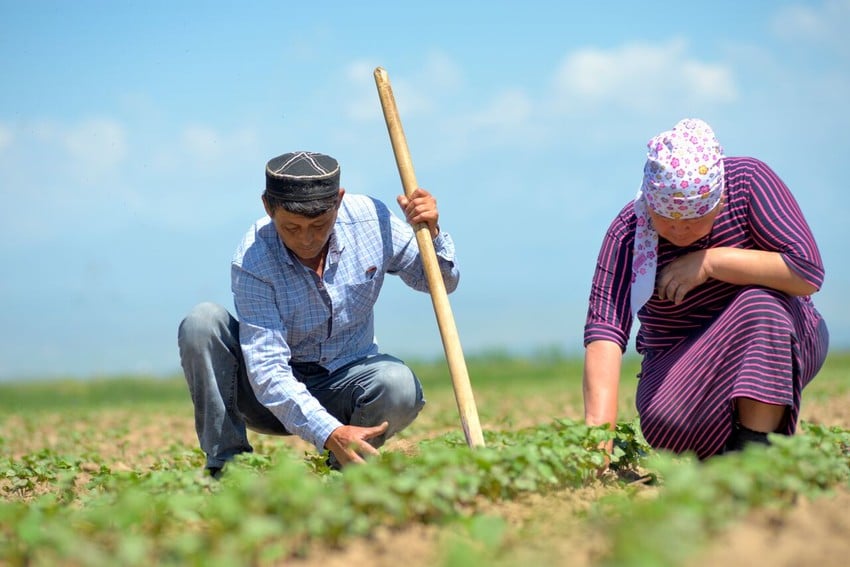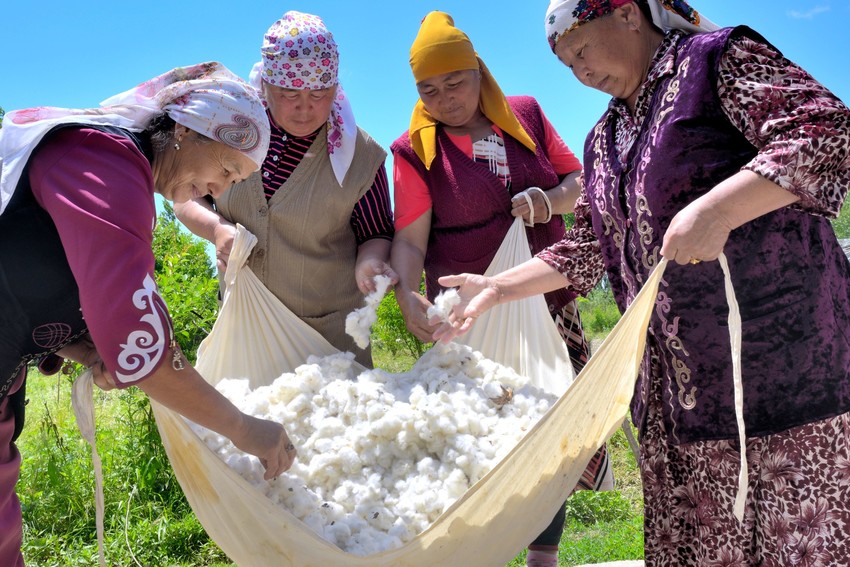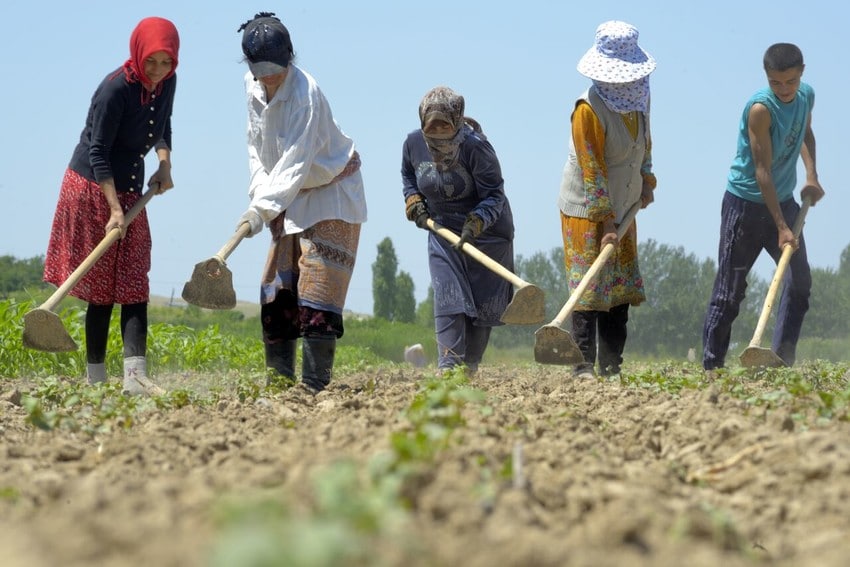Resisting a strong urge to bury my head in a hole for the last six weeks of lockdown, it’s been amazing to see the positive changes people are making in their lives during the pandemic.
Speaking more to neighbours, giving up time to shop for elderly relatives, gardening and getting outdoors to appreciate nature, learning about a new way to do things or supporting the millions of tiny businesses desperate to stay afloat are just some of the ways people are playing their part. From small to large, there has been no end of good things, good initiatives, good behaviour.
But it continues: around the world people are still fighting for a future. Those on the margins will lose out, as always. How can we support them? Send the same neighbourly love to farmers and workers in remote parts of India, Africa or South America, just as we are doing in our own local communities?
In Kenya, where flowers exported for a largely European market make up a huge proportion of the country’s GDP, already 50,000 workers on flower farms have been sent on unpaid leave or dismissed from their positions. Uganda sees a similar story. For cotton farmers in Asia and the Pacific, where cotton mills are struggling to repay bank loans and so contracts are cancelled, there are likely to be further disputes and workers already on the breadline will find factories closing and work drying up.
We are undeniably linked to people all around the world for many of the things we use every day, from coffee and tea to the clothes we wear and the items that make our lives possible in the age of lockdown
Many of these businesses rely on exports to countries like Britain, the Netherlands and America. We are undeniably linked to people all around the world for many of the things we use every day, from coffee and tea to the clothes we wear and the items that make our lives possible in the age of lockdown (elements in electrical items for example). The impact of movement restrictions is being felt firstly by those who cannot return home to their families, but also in delays in shipping, causing shortages in available containers and challenges securing cargo flights, as well as access to much needed items such as fertilizer seeds or even food supplies.
Fairtrade International has announced a producer relief fund, with initial investments of 3.1 million euros, to support farmers and workers in the face of the COVID-19 pandemic. This effort needs a long-term, sustainable plan or Fairtrade producer organizations stand to lose around $380m a year in Fairtrade Premium – a vital sum of money that is used to invest in their businesses, support workers and improve working, economic and environmental conditions. Continuing to support existing supply chains, as many ethically minded retailers and shoppers will already be doing, will be key to keeping these producer-led organizations afloat in the coming months and years.
In the true essence of the Fairtrade ethos and values, cooperatives are already taking fantastic steps to fight the effects of the pandemic
In the true essence of the Fairtrade ethos and values, cooperatives are already taking fantastic steps to fight the effects of the pandemic. Co-ops in El Salvador have been forced to halt their farming operations due to the Government-issued quarantine, yet ATAISI and El Sunza have found a way to provide much needed food supplies to more than 500 members, funded from sales of their Fairtrade coffee and sugar. Financial support is another vital lifeline that has been funded from the Fairtrade Premium of various cooperatives. Many farmers have highlighted how important being a part of Fairtrade is to them at such a difficult time.
Long may that continue – and so it is up to us to make sure that Fairtrade is still an option, as we move from our own quarantine to a more positive recovery.
No-one knows what will happen next. I for one will be making an effort not to bury my head in the sand and hold fast to my values, supporting those who need it, reminding those who I love the most we are still here and doing every little bit we can.














